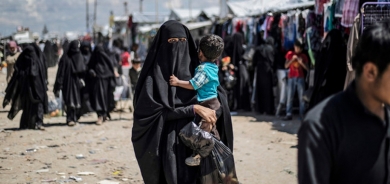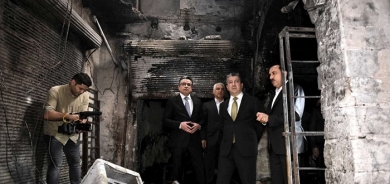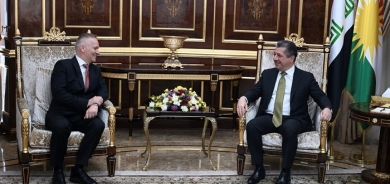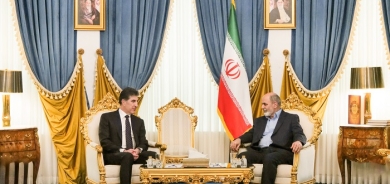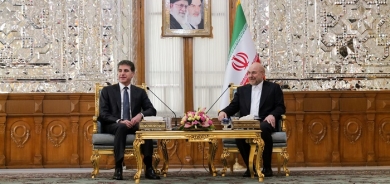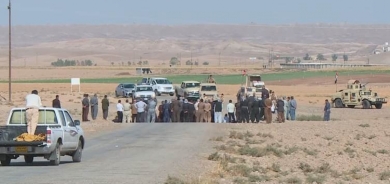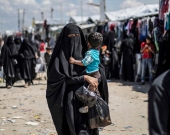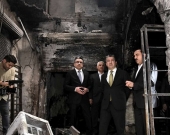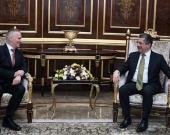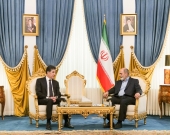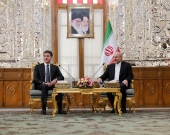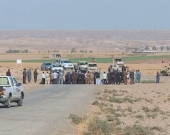Iraq's Top Court Suspends Prime Minister's Order, Easing Tensions in Kirkuk
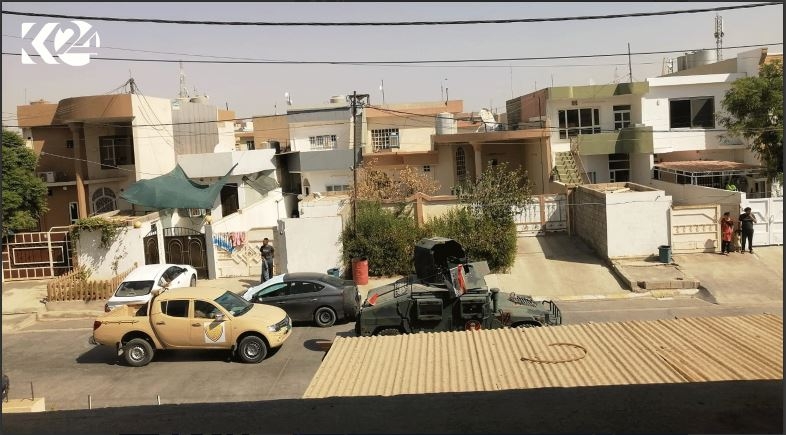
KIRKUK, Iraq – Iraq's Federal Supreme Court has intervened to temporarily suspend Prime Minister Mohammed Shia' al-Sudani's contentious order, which had directed the transfer of offices in Kirkuk back to the Kurdistan Democratic Party (KDP). The order, issued in August, had ignited widespread unrest and protests in the ethnically diverse city of Kirkuk.
The directive to transfer the offices came as a response to the KDP's expulsion from Kirkuk in 2017, when Iraqi forces retook control of the city following the Kurdistan Regional Government's (KRG) independence referendum. Prime Minister Sudani's move led to immediate upheaval and discord in Kirkuk, as it faced vehement opposition from the Popular Mobilization Forces (PMF) and their supporters.
Protests and Highway Blockade
Sit-in protests near the Joint Operations Command (JOC) headquarters in Kirkuk escalated quickly, with demonstrators demanding the revocation of the order, advocating for a judicial resolution, and expressing concerns about its potential adverse effects on the province's security. The protests disrupted the vital Kirkuk-Erbil highway, causing significant disruptions for nearly a week.
Disturbing images of PMF protesters showing disrespect to the flags of the Kurdistan Region and the Peshmerga statue near the JOC headquarters further heightened tensions within Kirkuk's Kurdish population. Kurdish residents were already frustrated by the prolonged highway blockade.
Federal Supreme Court's Intervention
Amidst this turmoil, Iraq's Federal Supreme Court issued a statement on Sunday, announcing the temporary suspension of Prime Minister Sudani's order. This suspension will remain in effect until the court issues a ruling on pending lawsuits seeking the order's annulment.
In its statement, the court emphasized the importance of maintaining security in Kirkuk, prioritizing national unity, peaceful coexistence, and the public interest. Kirkuk is known for its multiethnic composition, housing Kurds, Arabs, Turkmen, and an Assyrian minority, making its stability a matter of utmost concern.
Historical Context
Kirkuk has a complex history of administrative shifts, with Kurds assuming joint control before 2014. Subsequently, Kurdish forces gained full control due to the withdrawal of Iraqi forces in the face of the ISIS threat. However, the status quo changed dramatically in 2017 when Iraqi forces retook control, expelling Kurdish security forces following the KRG's independence referendum.
With provincial council elections slated for December 18, the first since 2013, Kurdish parties see this as a pivotal opportunity to regain a foothold in Kirkuk, a city of strategic and historical significance.
The Federal Supreme Court's intervention has temporarily quelled tensions in Kirkuk, providing a respite from the recent unrest. As the court deliberates on the fate of Prime Minister Sudani's order, the city remains on edge, hoping for a peaceful resolution that will safeguard its delicate balance of ethnic and political interests.
By Kobin Ferhad

